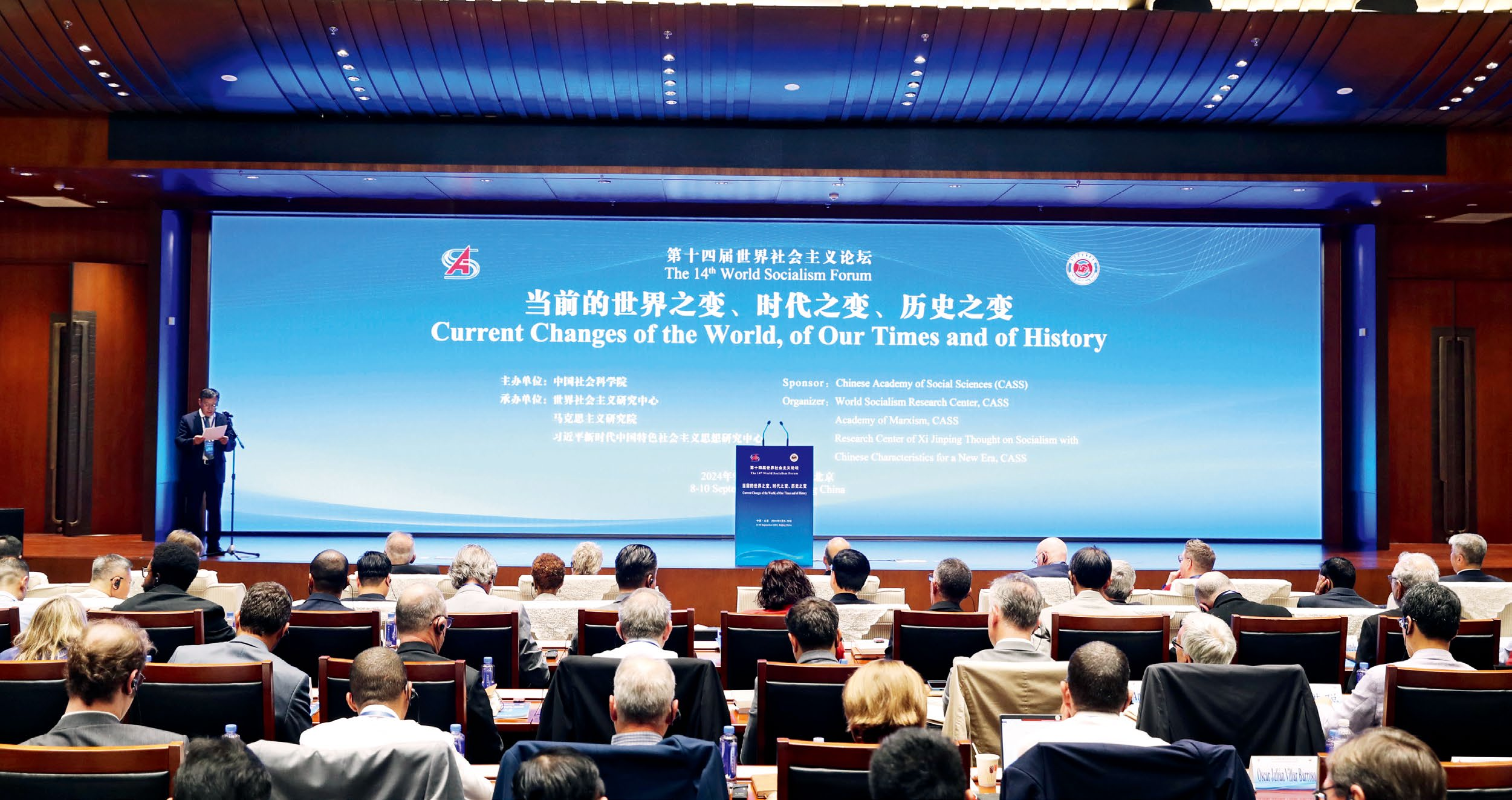The world is undergoing unprecedented changes, and socialism — as a political and economic theory, a social system and a practical model — continues to evolve and transform. As President Xi Jinping said, in the face of the rapidly changing world and China, if we stick to old ways, have rigid mind, lack the courage to innovate in theory, and cannot scientifically answer the questions of the country and the people, the cause of the Party and the country will not be able to continue to move forward, and Marxism will lose its vitality and persuasiveness to the people.
At the 14th World Socialism Forum and eighth Symposium of the China-Cuba Social Sciences, which were both held in September 2024 in Beijing, Communist Party leaders, Marxist scholars, left-wing social activists, ambassadors to China, and experts from over 30 countries across six continents came together to discuss the development of socialism with Chinese characteristics and the future of world socialism. These discussions, ranging from historical reflections to practical implementation, hold significant implications not only for the future of socialism but also for global governance and international relations.

The 14th World Socialist Forum, hosted by the Chinese Academy of Social Sciences (CASS), is held in Beijing on Sept. 9–10, 2024.
'Socialism has strong vitality'
At the forum, Zhen Zhanmin, vice president of the Chinese Academy of Social Sciences (CASS), cited data from the International Monetary Fund to illustrate the shift in the global economic landscape: From 2000 to 2023, the share of emerging markets and developing economies in the world economy grew from 43% to 59%, while the share of developed economies declined from 57% to 41%. This shift in economic strength influenced changes in political, technological, cultural and military power, and even reshaped strategic relationships and dynamics on a global scale.

